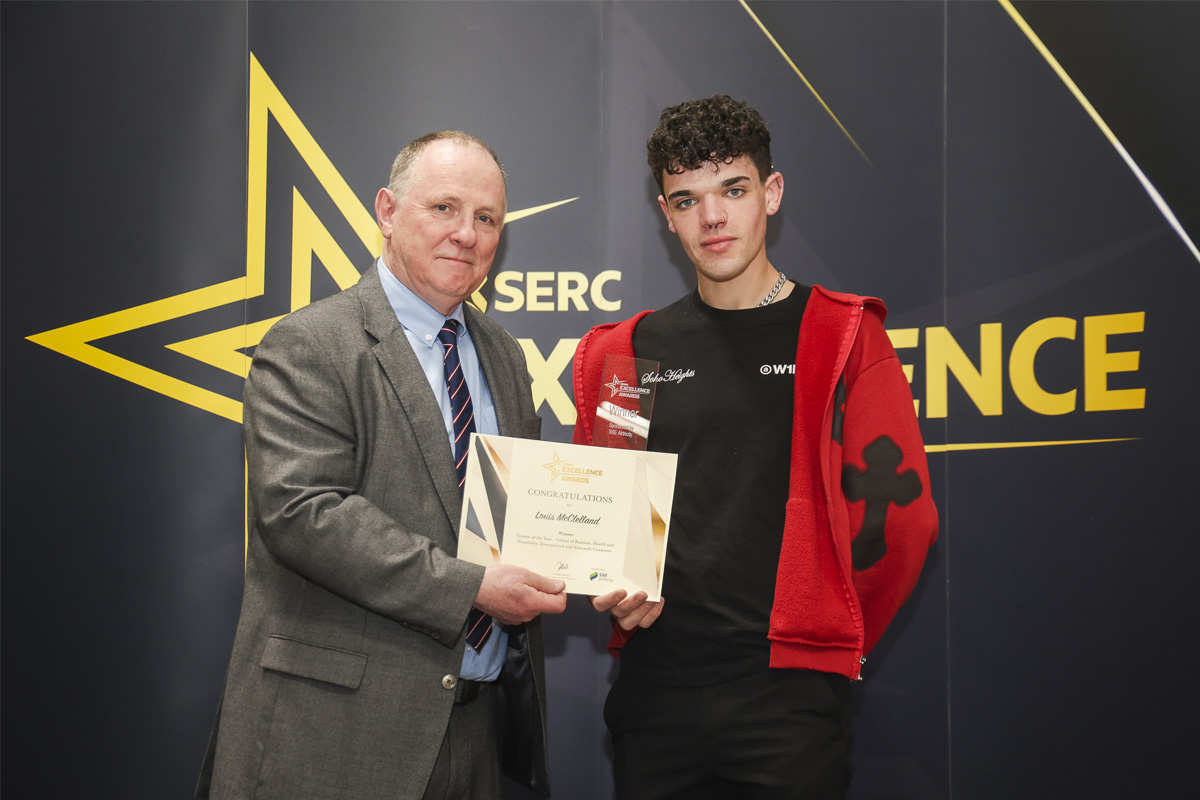WE SHOULD ALL BE MORE CLINT IF WE ARE GOING TO TACKLE YOUTH UNEMPLOYMENT

Top 5 films that unexpectedly tackle youth unemployment. Make my day…
With Easter coming up there’s a potential festival of ‘great-feeling’ films in your own home, as recommended by Movement to Work and its employer members, with messages about helping all young people into the workplace. There are some surprising examples amongst them!
Gran Torino, a film made in 2008, features disgruntled Korean War veteran Walt Kowalski, who sets out to reform his young neighbour, Thao, from a south-east Asian refugee family. Thao tries to steal Kowalski’s prized 1972 Gran Torino and recognising that he had done this under pressure from a gang, Walt decides to help the boy take a different path in life by placing him in his friend’s construction business. After a few ‘ups and downs’ (every film needs these), Thao appears to embark on a successful career.
There are more unemployed young people in the UK than other generations, and amongst them are many who need extra support to get into the workplace. Gran Torino also reflects the UK reality of hundreds of thousands of unemployed young people from challenging backgrounds, whether it be those without families to support them, with mental-health issues, disabilities, young offenders or refugees. However, 100s of organisations have pledged to provide work placements for these young people through work-placement charity Movement to Work (MtW).
MtW has delivered more than 80,000 work placements through its member employers over the last five years for young people who are not in education, employment or training. Over 50% of those who have completed a MtW work placement have gone onto employment or back into education.
MtW’s employer members have done exactly what Clint demonstrated in his film, but the UK needs more Clints if we are to tackle youth unemployment and the skills shortage that we are paradoxically facing, whilst so many who are able to develop the skills we desperately need are not in jobs where they can learn them.
Clint isn’t alone though, there are a number of other films with ‘heroes’ who help young people play a really positive part in society through mentorship and meaningful work.
Examples of these, as chosen by MtW and its employer members, include:
- Charlie and the Chocolate Factory. Charlie is from an impoverished background but ends up taking on the chocolate factory after Mr Wonka’s unconventional scheme, without looking for qualifications or at CVs, to find a young person with raw potential to run his empire.
- Freedom Writers. Erin teaches at a school where there are many fights between students in rival gangs. After dealing with significant issues around racism and personal struggles Erin convinces her students that they can “within their own small ways, turn on a small light in a dark room.” The film ends with a note that Erin prepared numerous students to graduate and attend college, for many the first in their families to do so. Based on a true story.
- Free Willy. Jesse, who was abandoned by his mother, takes to a life of stealing and vandalising a local theme park. Whilst being forced to clean up his graffiti, staff spot Jesse’s obvious talent for working with a ‘difficult’ orca whale, Willy, and he is offered a job. It doesn’t end up well for the theme park, but it does for Jesse and Willy.
- Good Will Hunting. Will Hunting is a genius but chooses to work as a janitor. His talents are discovered by a professor who wants to help him reach his potential. When Will is arrested for attacking a police officer, the professor makes a deal for leniency if Will gets treatment from an unconventional therapist. Will ends up with lucrative job offers )but first chooses to ignore these in favour of the potential love of his life).
- Hundred Foot Journey. Hassan and his family escape a background of violence in their native India. They move to France, where his father opens an Indian restaurant. Despite a huge rivalry with the owner of a nearby (100 feet away!) classic French restaurant, she sees talent in Hassan and helps him become a Michelin Star chef.
Of course, there will be many more examples, in literature and real life too. And in order to drive this on in real life, MtW needs many more employers to get in touch through its website and register to provide placements that make so much difference. It’s great for employers too. People like Thao, Jesse and Hassan make for incredibly loyal employees, and giving them a chance raises the morale of existing staff, who love to help young people who have not had many chances before.
James Ashall, chief executive of Movement to Work, said:
“This is a light-hearted way of looking at a very important issue, for employers, society and the young people themselves. It’s telling that giving young people a chance who need extra support to get into the workplace is a theme of so much entertainment, but it’s something that can be brought to reality.
“Movement to Work has seen this happen so many times, we have enabled more than 80,000 work placements so far, and we will work to see that giving all young people a chance is a part of all employers’ cultures.”
Movement to Work (MtW): A collaboration of UK employers committed to tackling youth unemployment through the provision of high-quality work experience and other work opportunities. 80,000 work placements have been made possible by employers, charities and Government working together through MtW. Collectively they have provided young people with diverse and empowering experiences ranging from hospitality to engineering. Working with MtW, employers create work experience placements for unemployed young people between 16-30 years of age, particularly those who have been out of work, education or training for some time.
MtW works with charity partners that specialise in addressing particular issues, which includes long-term unemployment, homelessness, mental-health and young offenders. These charities help to provide a pipeline of young people who will benefit from a work placement. MtW’s employer members include Accenture, BAE Systems, Barclays, BT, BUPA, Centrica, the Department for Work and Pensions, Diageo, HSBC, IBM, Marks and Spencer, Marriott International, NHS, Tesco, Unilever and Wates, amongst others.










Responses